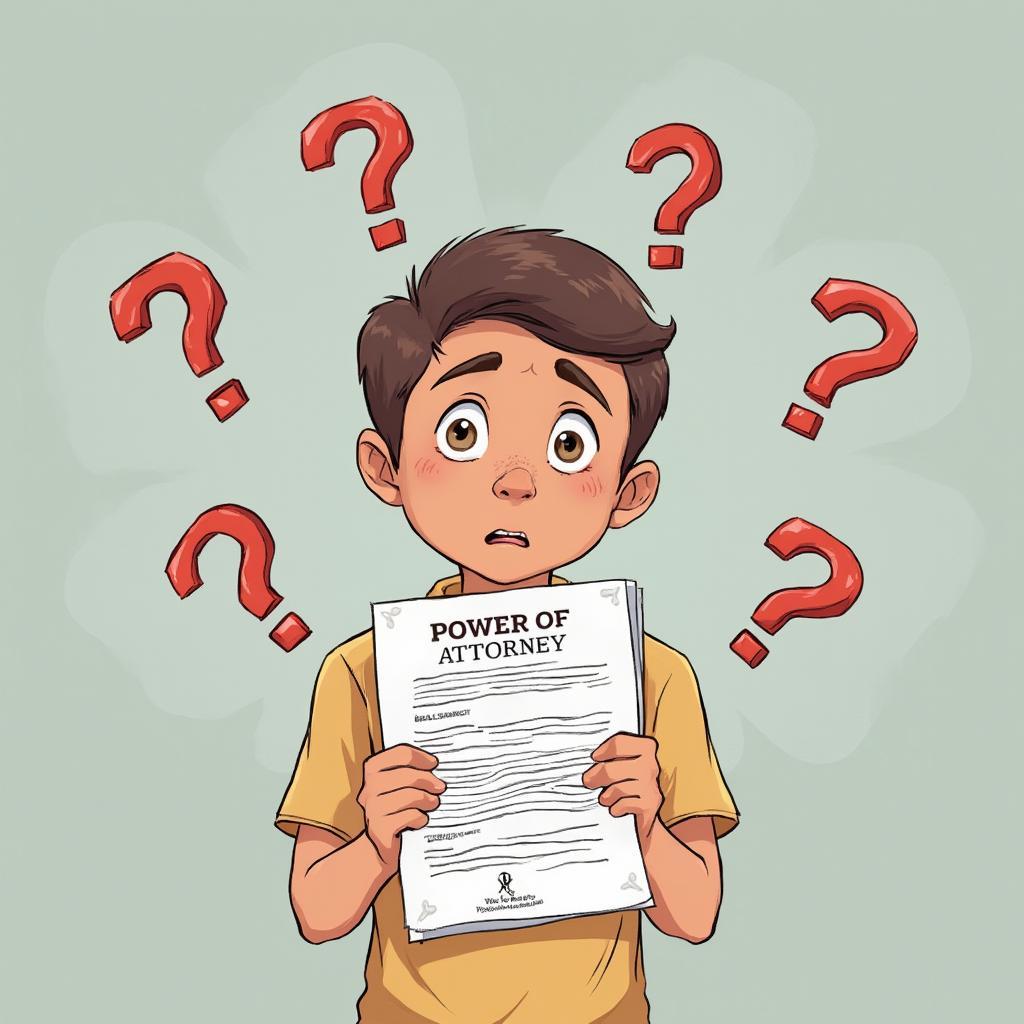
Is Power of Attorney Valid After Death?
A power of attorney (POA) is a legal document that authorizes someone to act on your behalf. This designated individual, known as the agent or attorney-in-fact, can make decisions about your finances, healthcare, or legal matters. But a crucial question often arises: is power of attorney valid after death? The simple answer is no. A power of attorney terminates immediately upon the death of the principal, the person granting the power.
When a person passes away, their legal authority ceases, and so does the authority they granted to their agent through the POA. This means the agent can no longer make decisions or take actions on behalf of the deceased. Any actions taken after the principal’s death are not legally valid. Understanding this crucial aspect of POA is essential for both the principal and the agent.
Understanding Power of Attorney and its Termination
A power of attorney can be incredibly helpful in managing affairs if you become incapacitated or are unable to handle them yourself. It provides a legal framework for someone you trust to act in your best interests. There are several types of POAs, including durable power of attorney, which remains effective even if you become mentally incapacitated, unlike a non-durable power of attorney. However, even a durable power of attorney becomes invalid upon death.
does power attorney expire upon death
Understanding the different types of POA and when they expire is crucial for effective estate planning. For instance, a healthcare power of attorney allows your agent to make medical decisions for you, while a financial power of attorney grants them authority over your financial affairs.
What Happens After Death?
After the principal’s death, their estate must be handled according to their will or, if they die intestate (without a will), according to state law. An executor named in the will, or an administrator appointed by the court if there is no will, becomes responsible for managing the deceased’s assets and distributing them according to the will or intestacy laws. The agent under the POA has no further authority.
how to remove someone from power of attorney
It is vital to have a valid will in place to ensure your wishes are carried out after your death. This legal document outlines how your assets will be distributed and who will be responsible for managing your estate. Without a will, the distribution of your assets will be determined by state law, which may not align with your intentions.
Common Misconceptions about Power of Attorney
One common misconception is that a durable power of attorney continues after death. This is not true. “Durable” refers to the POA’s validity during the principal’s incapacity, not after their death. Another misconception is that the agent can continue to access the principal’s accounts after their death. This can have legal repercussions. Financial institutions will freeze accounts upon notification of death, and any attempts to access them using the POA after this point could be considered fraudulent.
attorney client privilege after death
“The most common mistake I see is people assuming their POA agent can continue acting for them after they’re gone,” says Nguyen Thi Thanh, a prominent estate planning attorney in Hanoi. “It’s crucial to establish a clear estate plan that includes both a POA for managing affairs during life and a will for directing asset distribution after death.”
 Misconceptions About Power of Attorney
Misconceptions About Power of Attorney
Why a Will is Essential
A will is a crucial document that outlines your wishes regarding your assets and dependents after your death. It ensures that your property is distributed according to your intentions, avoiding potential disputes among family members. It also allows you to name guardians for minor children.
does a durable power of attorney expire
“Having a will offers peace of mind,” adds Tran Van Minh, a seasoned legal advisor from Ho Chi Minh City. “It empowers you to control your legacy and protect your loved ones after you’re gone.” It’s important to consult with an estate planning attorney to create a will that is legally sound and accurately reflects your wishes.
Conclusion
While a power of attorney is a valuable tool for managing your affairs during your lifetime, it ceases to be valid upon your death. Therefore, it is essential to have a comprehensive estate plan that includes both a power of attorney and a will to ensure your affairs are handled according to your wishes, both during your lifetime and after. Understanding the limitations of a POA is crucial for avoiding legal complications and ensuring a smooth transition of your affairs. Don’t delay in creating your estate plan; secure your future and the future of your loved ones today.
does the power of attorney end when someone dies
FAQ
-
What is a power of attorney?
A power of attorney is a legal document authorizing someone to act on your behalf. -
Does a power of attorney end at death?
Yes, a power of attorney automatically terminates upon the death of the principal. -
Who handles the estate after death?
An executor named in the will or an administrator appointed by the court. -
What happens if I don’t have a will?
State intestacy laws will determine how your assets are distributed. -
Why is a durable power of attorney important?
It allows someone to manage your affairs if you become incapacitated, but it does not extend beyond death. -
What is the difference between a will and a power of attorney?
A will dictates the distribution of assets after death, while a POA authorizes someone to act on your behalf during your lifetime. -
Should I consult an attorney for estate planning?
Yes, consulting an attorney is highly recommended to ensure your estate plan is legally sound and meets your specific needs.




